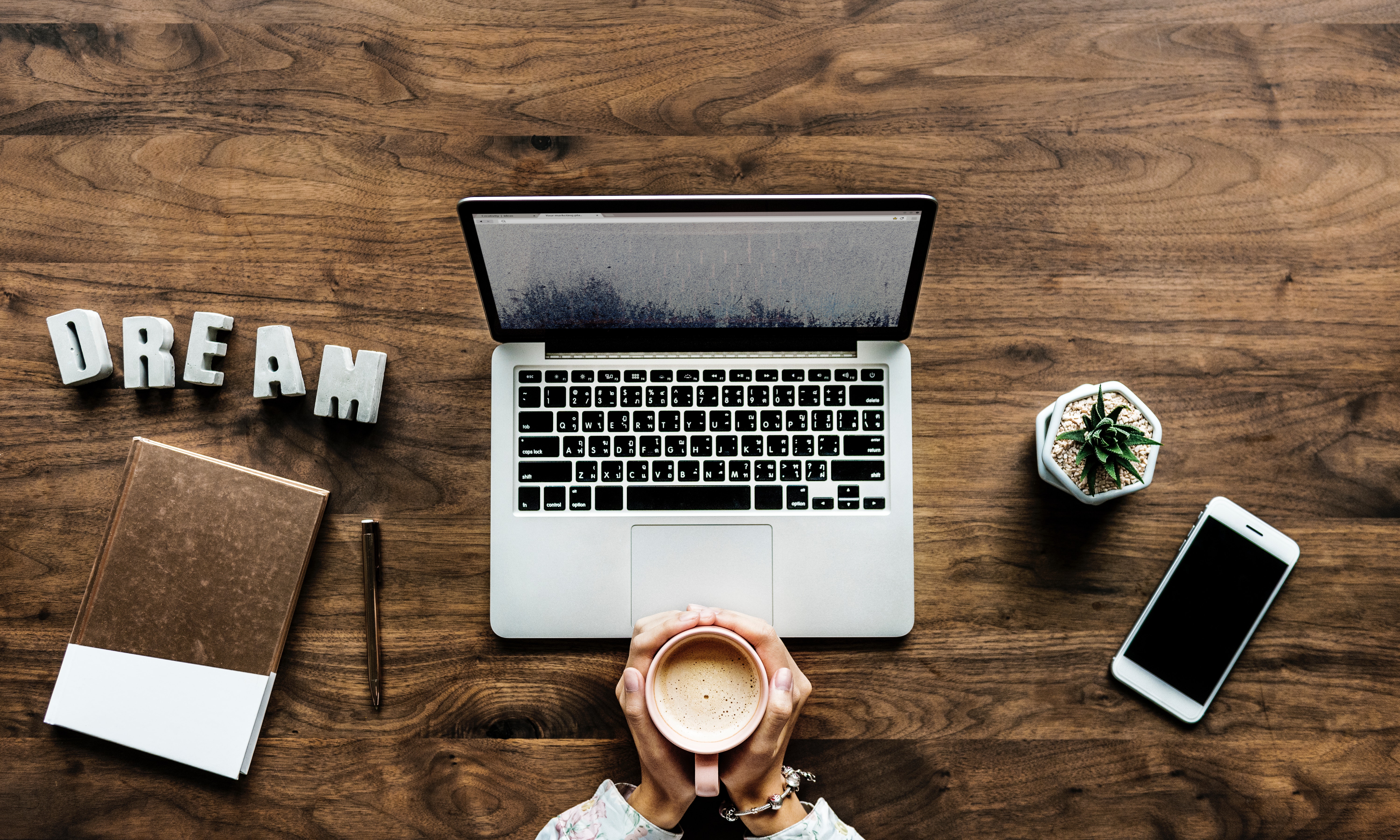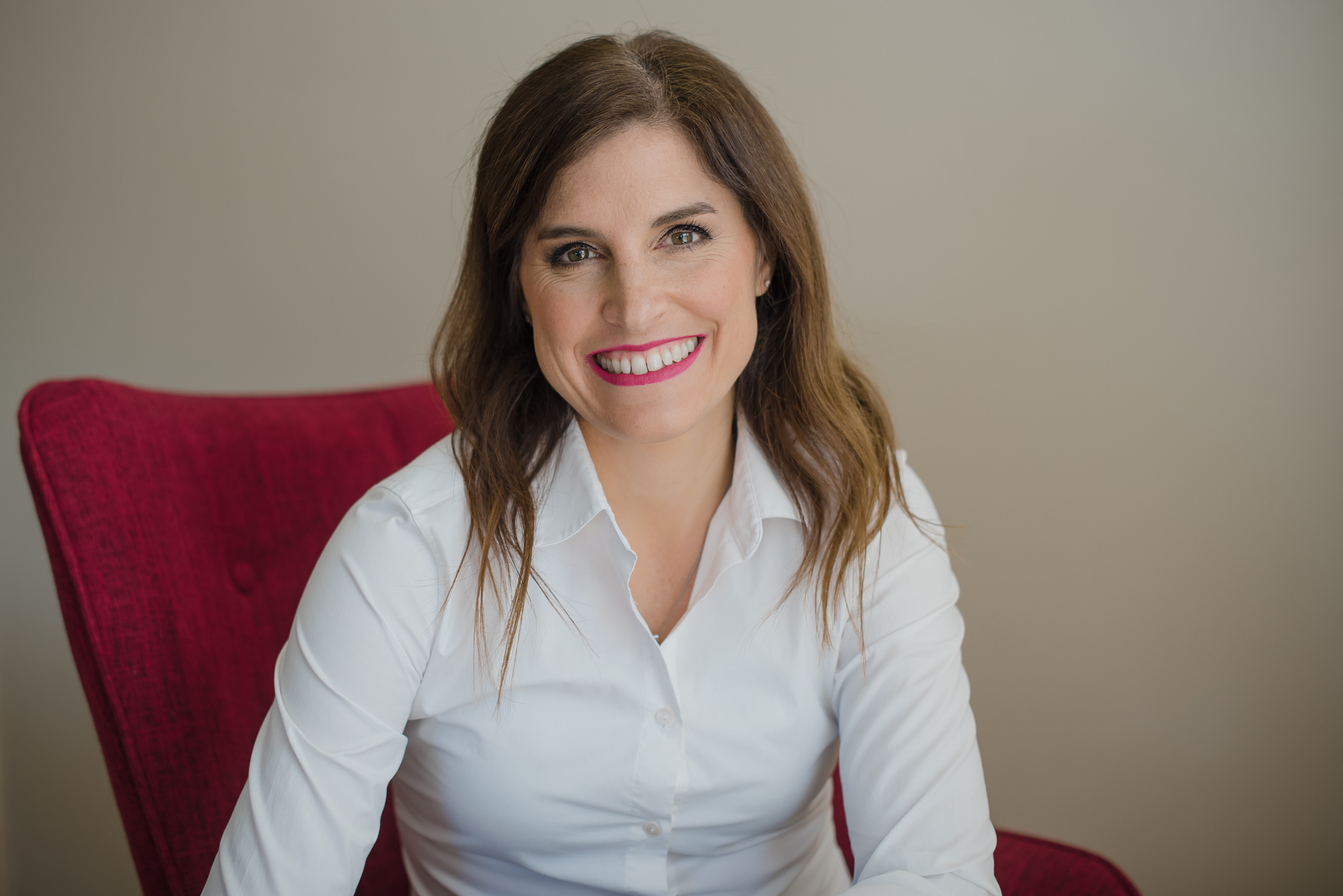
Photo by rawpixel.com from Pexels
Stress is the reaction people have to excessive pressures or other types of demand placed upon them. It arises when they worry that they can’t cope. Continuous changes, some expected, some unexpected, make us feel uncomfortable. An increase in vulnerability and decrease of power make us feel worried and therefore stressed.
We each respond to stress differently. But the problem comes when our responses hurt our productivity or effectiveness on and off the job.
We may have physical and psychological symptoms, that could be positive or negative for our performance.
Some level of stress and anxiety can actually improve our performance. (For example, many people say they perform at their best when they’re under a manageable degree of deadline pressure.) But: When anxiety becomes severe, our performance will almost always suffer.
- POSITIVE: Some level of stress and anxiety can actually improve our performance
- NEGATIVE: our performance on and off the job could be damaged
The bottom line is that the mix of physical and psychological symptoms damages our performance on and off the job.
Basically, we are fighting all the time to keep the homeostasis, that is a relatively stable balance in our life. But things happen every day, good or bad, that push us away from our balance points. We have a certain temperature to keep, heart rate, weight, breathe rhythm, our unconscious routine.
The way you manage yourself has to do with your habits, your daily routines, how you usually react to unexpected events. You can train your mind and body to react in a certain way that is more productive and satisfying for you. Through time, the better you manage different situations you become better in the next situation. Though let me tell you it will not be easy. You really start managing stress not at the particular time of the stress, but way before It happens.
Remember, is all about your routine. So let’s talk about the habits that you want to incorporate in your daily life and within your team to improve performance and have more joy at work.
- Relax: calm your mind breathing deeply
- Enjoy: see the bright side in everything
- Simplify: only keep what you need
- Exercise: turn thoughts into actions
- Thank: appreciate what you receive
Relax: calm your mind breathing deeply
Stress activates the body fly or fight response, so blood pressure and heart rate go up. Hormones like epinephrine and cortisol are released into our bloodstream. (Monitor and manage your stress level for top performance, by Judith Ross , Harvard Management Update) In the short-term focus memory and creativity are improved. However, once stress exceeds a certain threshold, then your performance decreases.
You just have to establish a daily routine when you invoke the relaxation response, that is a state of profound rest that can be elicited by meditation, yoga, and progressive muscle relaxation. This helps you calm your mind and be under control. Learning a relaxation response is not instant, it takes some time, so that’s why you need to start practicing before you need it. The good thing is that you can do this everywhere, anytime, no additional cost!
Enjoy: see the bright side in everything and celebrate it
Once you are under control of your body, you are better capable of choosing your thoughts, they can be positive or negative. Employees start thinking negatively when they feel fear of an unexpected outcome.
Help yourself and your team start and finish the day seeing yourself doing a good job. Avoid thinking just about what went wrong, or having negative expectations about the future. Avoid counterproductive thinking, that is a constant rumination in your mind about what went or could go wrong. Notice the present, what has been done, enjoy it and celebrate it.
Every time you finish an important task, like a presentation to a client, think about what went wrong, write how to correct it n the future. But also think about what went well. Be balanced on how you criticize yourself. If you think about it, there is always a good side and bad side to everything, it’s all up to you how you want to see it. The Netflix Movie “about time” captures this thinking wonderfully.
Simplify: only keep what you need
For sure the main excuse at this point will be that you don’t have time to breath, relax or enjoy. So how do you make up for more time? You make your work life simple.
Check your desk, your office, your wallet, your purse, your mailbox! How many things do you see that you don’t need? How many of them bother you or distract you? How many of them keep you busy in exchange for nothing really rewarding?
Reduce if you have too many
Eliminate if you don’t need it
Move out if it may be useful somewhere else
Just review your daily routine and eliminate all the waste you see every day, focus only on what matters.
I always use the 5S methodology to help me out with this: Sort out what you don’t need, store and label what you need, in a way it can shine looking like brand new. Standardize the process with signs or pictures to help everyone else keep it that way, and sustain the effort by respecting the rules you defined every single day, no exceptions.
Exercise: turn thoughts into actions
The fourth habit is about turning thoughts into actions. Sometimes it is hard for us to manage our thoughts, they just come and go, even when we are trying to breath and focus. Turning thoughts using a flipchart to think and write together is a wonderful tool. Empowerment is not about just saying you will work together, but actually sharing information and stressful situations, and finding solutions as a team. If ideas don’t flow yet, team building or outdoor activities also help. It helps me a lot to go exercise. Engage in an activity that calms you such as walking, running, or cooking. The more challenging the activity the better. When you have to concentrate on your body movements, you don’t let your problems affect your emotions. As the Mayo Clinic put it, it is like meditation in motion. It helps you not only exchange new oxygen, pump up endorphins that help you improve your mood. You’ll often find that you’ve forgotten the day’s irritations and concentrated only on your body’s movements. In the past companies wouldn’t allow employees to exercise during work hours, but now is becoming an accepted practice, and it is even promoted by HR.
Thank: appreciate what you receive
As I mentioned earlier, Stress is the reaction people have to excessive demand placed upon them. Sometimes it is because they are not sure if they can cope with it, or sometimes they just fear the outcome. If every time and employees finish a project, fears about your response to it, for sure the whole project will be a source of stress. Make sure you make a routine to review the project in various stages to avoid surprises at the end and thank your team for the effort in public. Remember that if the outcome is bad, is probably part of your fault as well, maybe the goals were not clear enough. So share both the bad news and the good news, but especially share the rewards. Rewards come in different forms: smiles, thank you notes, certificates, bonus, days off, you name it. As a leader, the reward I cherish the most is when a team member enjoyed the project and is ready to start the next one. Just before going to bed, include in the routine a moment to thank for what you have received during the day. Could be a work accomplishment, or could be a simple hug from your daughter, just try to think about anything that made you feel happy during the day. Thank yourself, eyes closed and in a meditation position. If you don’t have anything to thank for, you are being too hard on yourself. Think again. You may get any ideas during that session, write them down. Keep a journal next to your bed. Write down all the ideas that you have in mind. Spend more time thinking about what went fine, and finish the session with a smile in your face.
Establish a Routine
Follow every day the same night routine, just like babies do.
Always at the same time, in order to enhance the sense of ritual and establish a habit. If you practice it every day, it will be easier through time, so you will be able to enjoy the routine, as well as your other tasks to accomplish. If you are not enjoying, go back to square 1!

